Search Results
Showing results 41 to 59 of 59
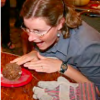
Cook Up a Comet
Source Institutions
In this activity (on page 5 of PDF), learners use dry ice and household materials to make scientifically accurate models of comets.
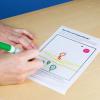
Exploring the Universe: Imagining Life
Source Institutions
“Exploring the Universe: Imagining Life” is a hands-on activity in which visitors imagine and draw an extreme environment beyond Earth, then invent a living thing that could thrive in it.
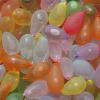
Balloon Impacts
Source Institutions
In this activity, learners measure the diameter of their water balloons, model an impact, measure the diameter of the “crater” area, and determine the ratio of impactor to crater.
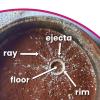
Make An Impact
Source Institutions
In this hands-on activity, learners simulate the crashing and smashing of a meteor impact using household cooking supplies.
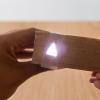
Afterimage
Source Institutions
In this activity about light and perception, learners discover how a flash of light can create a lingering image called an "afterimage" on the retina of the eye.
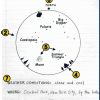
Stargazing
Source Institutions
In this nighttime, outdoor activity, learners keep a record of what they see in the sky by drawing constellations, the Moon, and making note of the weather and conditions each day.
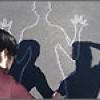
Changing Shadows
Source Institutions
In this sunny day, outdoor activity, learners observe changes in shadows over time. The activity also helps to develop a sense of the Earth's motion.
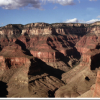
Signs of Life
Source Institutions
In this activity, learners examine photo images of Earth taken from space, and attempt to identify and explain some of our planet's geological features.
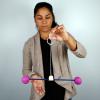
Exploring the Universe: Objects in Motion
Source Institutions
"Exploring the Universe: Objects in Motion" encourages participants to explore the complex but predictable ways objects in the universe interact with each other.

The Thousand-Yard Model
Source Institutions
This is a classic exercise for visualizing the scale of the Solar System.
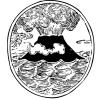
Lava Layering: Making and Mapping a Volcano
Source Institutions
In this activity, learners discover how geologists use stratigraphy, the study of layered rock, to understand the sequence of geological events.
Crater Maker
In this activity (on pages 6-11), learners work as a team to investigate how impact craters on Earth, the Moon or other planets take shape and what patterns they make.
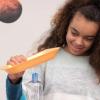
Exploring the Universe: Static Electricity
Source Institutions
This activity encourages visitors to build an electroscope—a simplified version of one of the tools scientists use to study the invisible forces on Earth and in space.
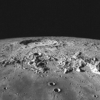
Lava Layers
Source Institutions
In this activity (on pages 11-12 of PDF) learners create models of lava layers that have formed on the moon.
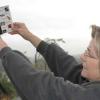
Ready to Observe: Enhance Your Telescope Experience
Source Institutions
This fun hands-on astronomy activity uses a variety of simple props to help learners understand why they see what they see in a telescope.

Exploring Black Holes and Gravity
Source Institutions
This fun and simple hands-on astronomy activity lets learners imagine what would happen if our Sun were replaced with a black hole.
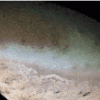
Investigating Ice Worlds
Source Institutions
In this activity about the solar system, learners use various light sources to examine ice with different components to understand how NASA studies planets and moons from space.
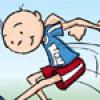
Jump for the Moon
Source Institutions
In this activity, learners will train to increase bone strength and to improve heart and other muscle endurance by performing jump training with a rope, both while stationary and moving.

From the Internet to Outer Space
Source Institutions
In this activity, learners will use Google Sky to observe features of the night sky and share their observations.
